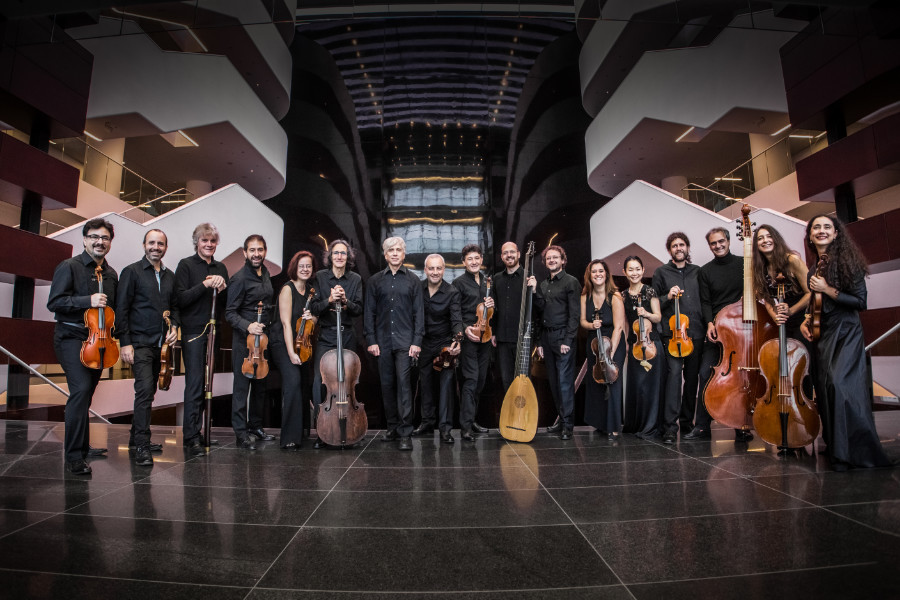In February 1600, a new work sounded for the first time in the Church of Santa Maria in Valicella in Rome. It was a performance about the soul and body of Emilio de’ Cavalieri, written in a new, revolutionary style, which, according to the assumptions, was to refer to ancient ideals. The composer himself called his work dramma per musica, sometimes it was called a spiritual opera, but with time historians assumed that it was the first oratorio in the history of music.
Cavalieri’s work is a moralizing dialogue between the Body (Corpo) and the Soul (Anima). Other allegorical figures also appear here, such as Reason (Intelletto), Council (Consiglio), Time (Tempo), Bliss (Piacere), Guardian Angel (Angelio Custode) and others. The piece was performed on stage by disguised actors, with decorations and colourful dance interludes. The work consists of three acts. In the first act, Time reminds the gathered audience about the imminent final judgment. The climax is the appearance of the Soul and Body, which start a dispute about what is the purpose of a person’s life. The body emphasizes the many advantages of earthly delights, but at the end of the act it decides to join the soul in the pursuit of eternal life. In the second act, the Council explains that earthly affairs are a constant war. The Body begins to question the decision to begin the quest. The Guardian Angel enters the stage, who mounts an attack on the world, and when he tears off the world’s rich robes, he shows the audience its ugliness. At the beginning of the third act, the Council counts the souls of the blessed in heaven and the minds of the damned in hell. Then there is a dialogue between the Damned Souls and the Blessed Souls. The Body ultimately agrees with the Soul that their common goal should be to seek salvation, and this finding leads to a great hymn of praise in which all sing and dance. Cavalieri used in this work a means of expression which is an emblem of a new style – the recitative (in the introduction to the score he even wrote the performance guideline ‘recitar cantando’, meaning ‘speaking while singing’) with an improvised accompaniment called basso continuo. This epochal work will be performed by th superb soloists from Il Giardino Armonico, and the whole will be directed by Giovanni Antonini.

